20+ Years Experience
Specialist Education Providers

Enquire Today For A Free No Obligation Quote
Did you know that playgrounds are not just for fun and physical activity? In fact, they play a vital role in supporting children’s learning and development.
In this article, we will explore the many ways in which playgrounds benefit children’s growth and why it is important for their overall well-being.
Physical development is a crucial aspect of a child’s growth, and playgrounds play a significant role in supporting it.
They provide opportunities for children to engage in various physical activities that promote their physical health and well-being.
Activities like climbing on monkey bars and playing on jungle gyms help develop upper body strength and coordination.
Running, jumping, and playing games on the playground also contribute to cardiovascular exercise, promoting overall fitness.
Playgrounds play a crucial role in supporting children’s social development. By interacting with other children and staff members, they develop important social skills.
For example, activities like playing on a rope ladder require cooperation and communication. Children learn to take turns, share, negotiate, and problem-solve.
These experiences enhance their psychosocial development and help them develop friendships, empathy, and resilience.
Playgrounds provide a safe and inclusive environment where children can learn and practice these essential social skills, setting a foundation for their future relationships and interactions.
Active playtime on playgrounds plays a vital role in promoting emotional development in children. Engaging in physical activities helps children develop resilience, self-regulation, and social skills.
Through play, children are able to explore their emotions, learn how to express themselves, and develop empathy towards others.
Playgrounds offer a secure environment for children to interact, cooperate, and navigate social dynamics, ultimately fostering emotional intelligence and overall well-being.
Playgrounds play a crucial role in supporting children’s cognitive development. They provide an environment that fosters curiosity, problem-solving, and creative thinking.
Through activities like climbing, balancing, and imaginative play, children develop their cognitive abilities, including memory, attention span, and spatial awareness.
Playgrounds also serve as the foundations for learning, as children engage in social interactions, negotiate and collaborate with their peers.
Teachers can facilitate learning opportunities by providing guidance and encouraging exploration.
Traditional playgrounds provide numerous benefits for children’s learning and development.
They offer opportunities for physical activity and motor skill development through activities like climbing on monkey bars, navigating jungle gyms, and ascending rope ladders. These activities promote balance, coordination, and strength.
Additionally, traditional playgrounds encourage social interaction and cooperation among children, fostering the development of communication and teamwork skills.
They stimulate imaginative play, allowing children to create and act out scenarios, enhancing their cognitive abilities. Overall, traditional playgrounds are essential in supporting children’s overall growth and well-being.
Natural playgrounds provide numerous benefits for children’s physical health and development. These playgrounds incorporate natural elements like logs, rocks, and plants, which encourage creative play and physical activity.
Children can engage in activities like climbing, balancing, and jumping, which promote gross motor skills and cardiovascular exercise.
Additionally, being in nature has been found to reduce stress and improve mental well-being.
Adventure playgrounds offer a unique and valuable environment for children to engage in active playtime and foster their psychosocial development. These playgrounds provide opportunities for children to explore, take risks, and use their imagination in an unstructured and natural setting.
They often include elements such as climbing structures, natural materials, and open spaces, allowing children to develop physical skills, problem-solving abilities, and social interactions.
Inclusive playgrounds play a vital role in promoting the overall development of children, including their physical, cognitive, and social skills.
These playgrounds are designed to accommodate all children, regardless of their abilities, ensuring equal access and participation.
Teachers and staff members are trained to create an inclusive environment, fostering cooperation, empathy, and understanding among children.
Safety is a crucial factor to consider when it comes to playgrounds, as it ensures the well-being and physical health of children. Here are some points to ensure a safe playground environment:
Inclusive playgrounds are designed to ensure accessibility for children of all abilities, promoting active playtime and supporting their learning and development.
These playgrounds are equipped with ramps, wheelchair-accessible swings, and sensory play elements to accommodate children with SEND.
Additionally, inclusive playgrounds prioritise safety features and provide opportunities for social interaction and inclusion.
Age-appropriate equipment is crucial in playgrounds to support children’s learning and development. It should cater to their physical abilities and cognitive skills. Some examples of age-appropriate equipment include:
By providing such equipment, playgrounds create opportunities for children to explore and develop their physical and cognitive abilities in a safe and engaging environment.
A variety of activities in playgrounds promote children’s development through active playtime and creative and imaginative play.
Swings and slides enhance physical skills, while sandboxes encourage sensory exploration. Climbing structures foster problem-solving abilities, and pretend play areas stimulate social and emotional development. By engaging in diverse activities, children can develop their cognitive, motor, and social skills.
Creative and imaginative play is essential for children’s learning and development, laying the foundations for critical thinking and problem-solving. Here are some steps to encourage and support this type of play:
Physical health and fitness are vital components of a child’s development, and playgrounds play a significant role in promoting these.
They offer opportunities for cardiovascular exercise through activities like running, climbing on monkey bars, and playing on jungle gyms.
These activities aid in the development of strength, coordination, and endurance in children. Participating in physical play on playgrounds can also help prevent childhood obesity and improve overall health.
Additionally, playgrounds provide a designated area for children to socialise, improve their motor skills, and cultivate a passion for physical activity, ensuring their overall growth and well-being.
Engaging in play at playgrounds helps children develop essential social skills and build meaningful relationships.
Interacting with other children and staff members promotes psychosocial development by fostering communication, cooperation, and problem-solving abilities.
Playgrounds provide opportunities for children to practice sharing, taking turns, and resolving conflicts, which are crucial for developing healthy relationships.
Encouraging group activities and facilitating cooperative play can further enhance social skills and promote positive interactions among children.
To support the development of social skills, playgrounds should have trained staff members who can facilitate and guide children in their interactions with others.
Playgrounds play a critical role in promoting emotional well-being in children.
By engaging in active playtime, children can develop and strengthen their emotional skills. They learn how to regulate their emotions, build resilience, and develop empathy towards others.
Playgrounds offer a secure and inclusive space for children to express themselves, make friends, and experience a range of emotions, promoting their emotional development in a fun and stimulating environment.
Problem-solving and creativity are crucial skills that children can develop through engaging in imaginative and creative play at playgrounds. Here are some steps to foster problem-solving and creativity in children:
Playgrounds provide children with valuable opportunities to explore, experiment, and problem-solve. By participating in physical activities and social interactions, children develop important cognitive, social, and emotional skills that contribute to their academic success.
Through games and imaginative play, children can enhance their creativity, critical thinking, and communication abilities.
Playgrounds also encourage teamwork and collaboration, which are essential skills in academic settings. Therefore, incorporating playtime at playgrounds is crucial for enhancing children’s academic performance.
Playgrounds provide a space for children to run, jump, climb, and engage in other forms of physical activity, which helps strengthen their muscles and improve their overall physical health.
On the playground, children learn important social skills such as taking turns, sharing, and working collaboratively with others.
They also have the opportunity to interact with children from different backgrounds, fostering diversity and camaraderie.
By conquering new challenges on playground equipment, children can build confidence and self-esteem.
Through imaginative play, they can also explore different emotions and learn about the world, which contributes to their overall sense of self.
Playground equipment allows children to engage their motor skills and provides sensory experiences, which are crucial for optimal brain development.
This helps strengthen neural connections and promotes mental growth in the first six years of life.




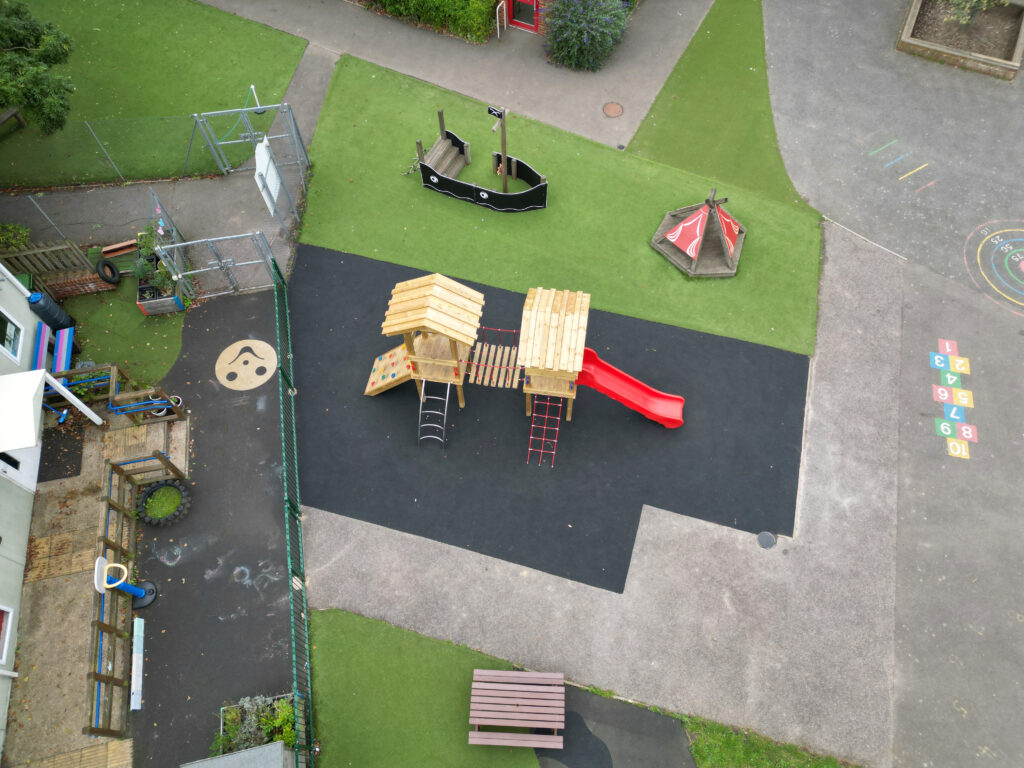

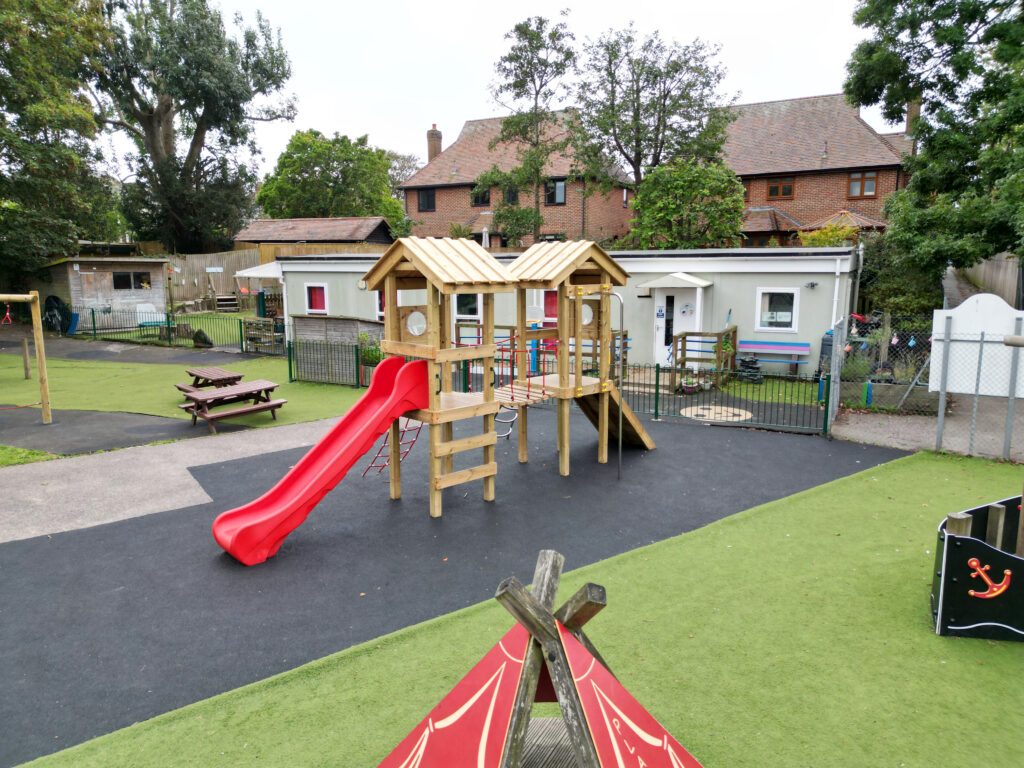
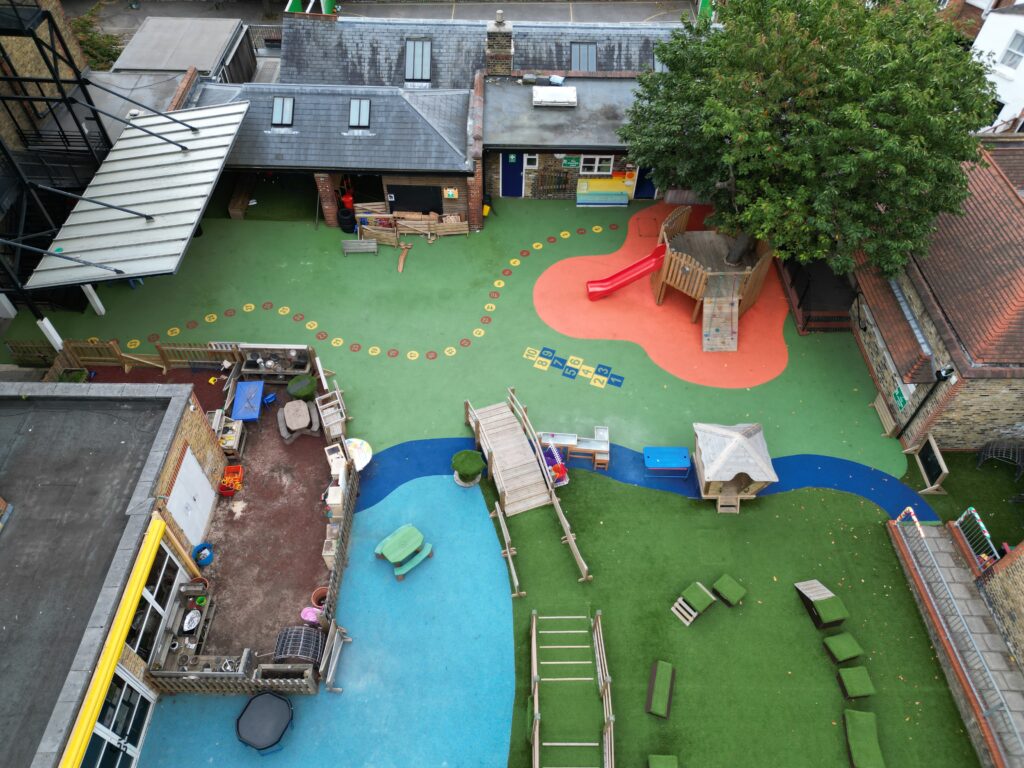






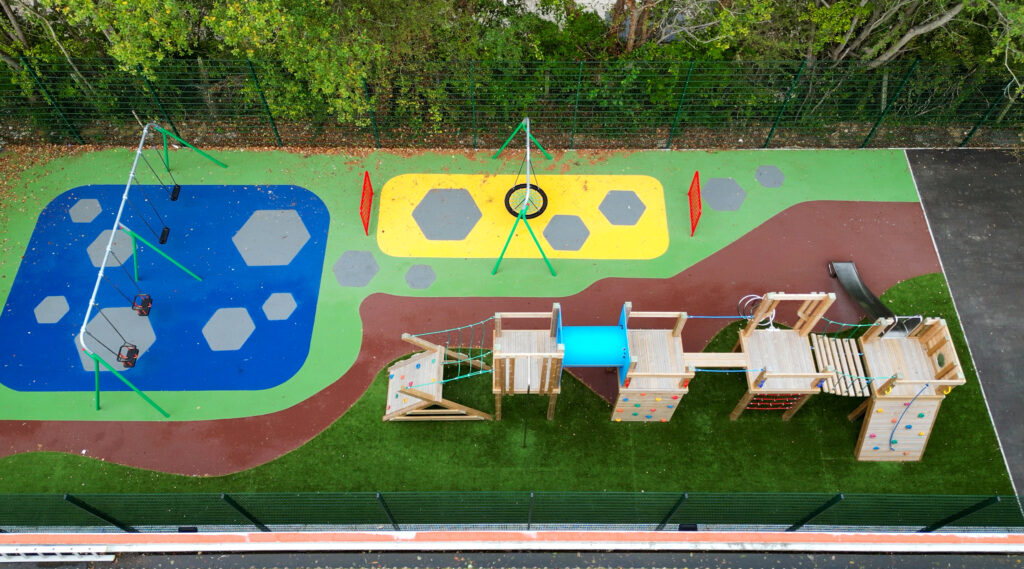










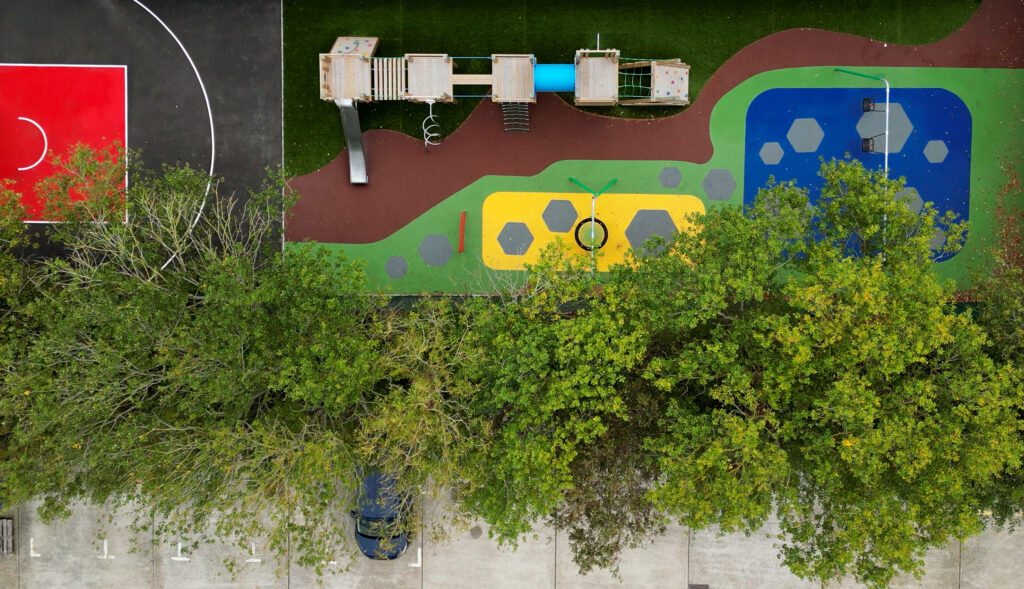









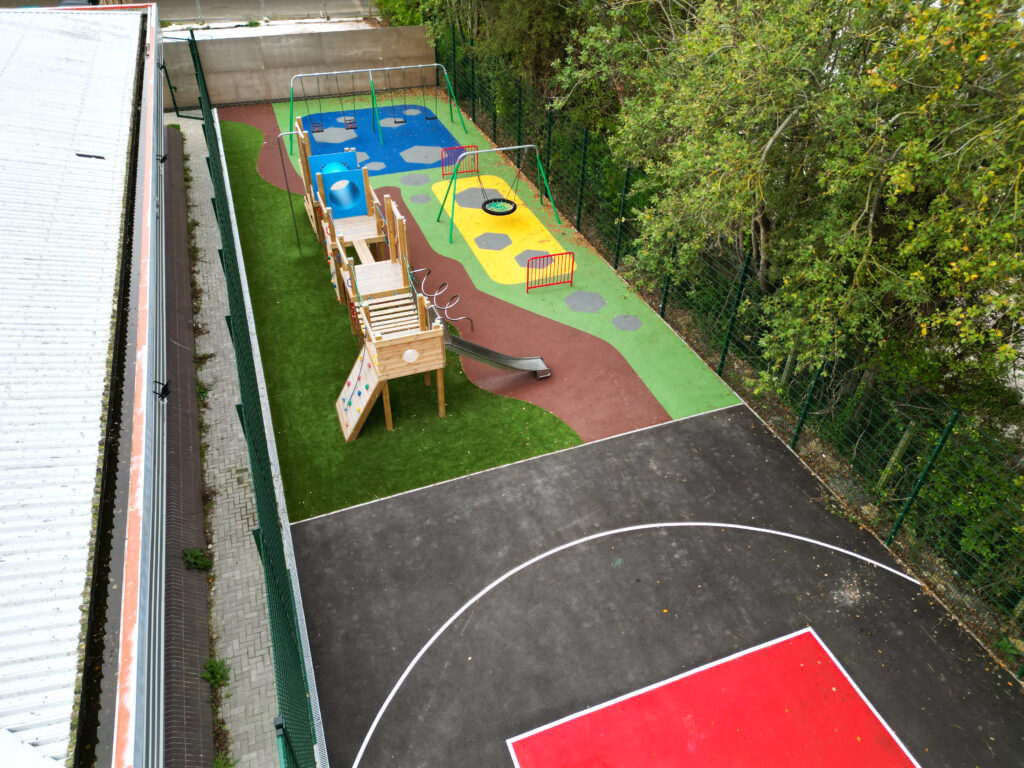



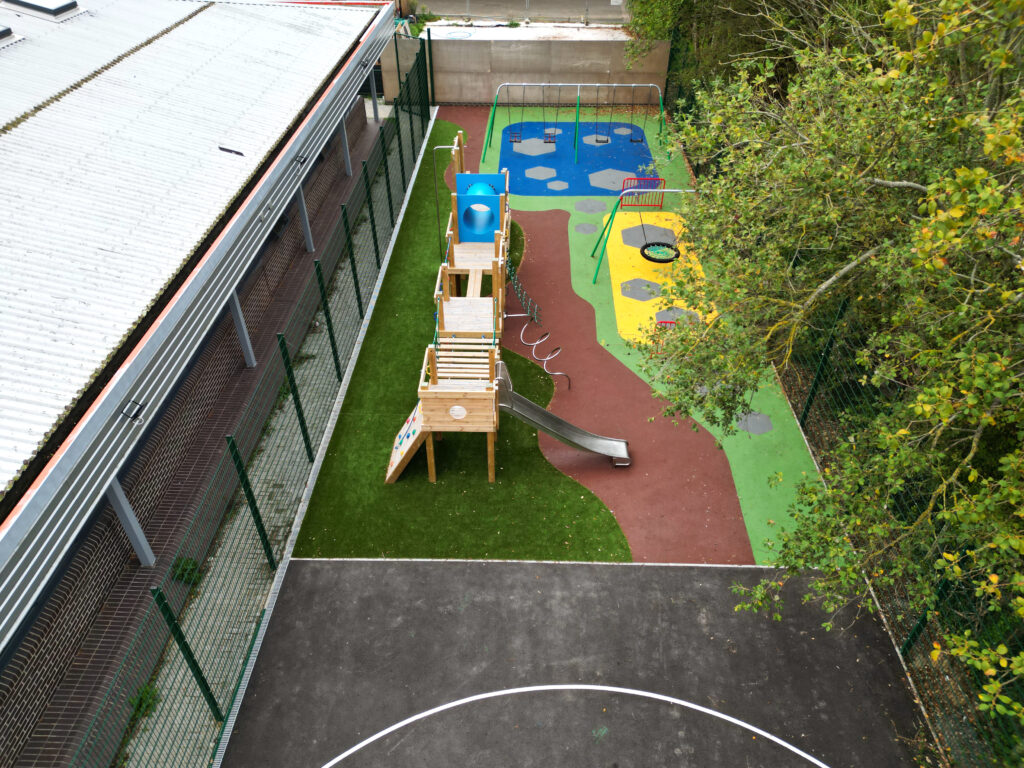







We Aim To Reply To All Enquiries With-in 24-Hours